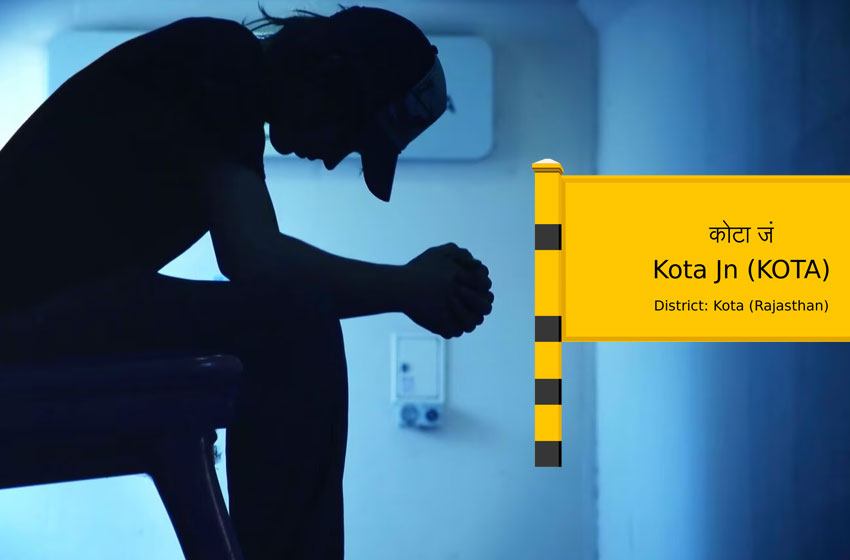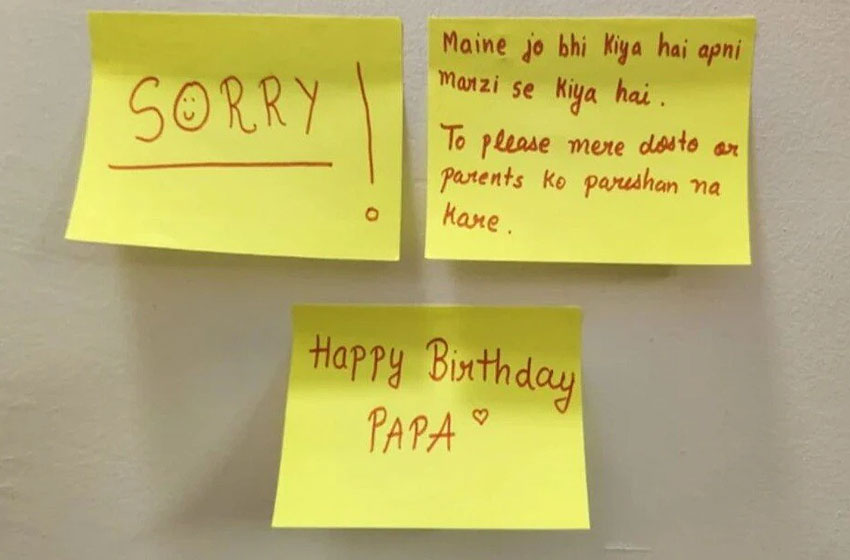The Dark Side of Ambition – What India Can Learn from the Tragic Wave of Kota Suicides

In India, a country renowned for its burgeoning economy and technological innovation, a grim phenomenon is casting a long shadow over its future: the increasing number of student suicides in Kota, Rajasthan. Known as the “Coaching Capital of India,” Kota attracts hundreds of thousands of students each year, all aspiring to crack competitive exams that serve as gateways to prestigious educational institutions. But at what cost? As Australians ponder the mental health of our own youth, India’s Kota offers a harrowing lesson in the perils of intense academic pressure.
The Price of Success
Kota’s coaching centres are a big business, contributing massively to the city’s economy. They promise a pathway to elite colleges and, eventually, a prosperous life. However, this promise comes at an alarming cost: the mental well-being of students. In Kota, the academic pressure is so intense that it has driven many students to take their own lives. The question is, why has it reached such a critical point, and what can be done to reverse this disturbing trend?
The Culture of Hyper-Competition
One of the primary drivers of this phenomenon is the culture of hyper-competition that pervades Indian society. Success is often measured by academic performance, which in turn is seen as a ticket to a better life. Parents invest a significant portion of their income in their children’s education, adding to the already immense pressure. The result is an environment where failure is not an option, and anything less than excellence is seen as a disgrace.
Systemic Flaws
However, blaming the culture alone would be simplistic. The educational system itself is geared towards rote learning and scoring high in exams, rather than fostering creativity and critical thinking. The curriculum in these coaching centres is often one-dimensional, focusing solely on cracking the exams. There is little to no focus on the mental well-being of students, many of whom live far away from their families, adding feelings of isolation to their list of stressors.

What Can Be Done?
First and foremost, there needs to be a systemic overhaul. Educational institutions should aim to create a more holistic learning environment, where the focus is not just on academics but also on mental and emotional well-being. Implementing counselling services and regular mental health check-ups can go a long way in alleviating stress.
Secondly, the definition of ‘success’ needs to be broadened. The societal pressure to conform to traditional notions of achievement adds to the burden. Creating awareness among parents and educators about the diverse pathways to success can help ease the pressure on students.
The Australian Context
While the situation in Australia may not be as extreme, there are lessons to be learned from Kota’s tragic narrative. Australia has its own challenges when it comes to youth mental health, including the stress associated with the Higher School Certificate (HSC) and the increasing rates of depression and anxiety among young people. The Kota situation serves as a cautionary tale, urging us to examine our own educational systems and attitudes towards academic success.
The increasing number of student suicides in Kota is a grim reminder of what can happen when academic pressure reaches unbearable levels. It serves as a wake-up call not just for India, but for societies around the world, Australia included. As we grapple with issues of educational reform and youth mental health, Kota offers valuable lessons in the dangers of placing too much emphasis on academic success at the expense of well-being.
The stakes are high, and the cost of inaction is measured in human lives. It’s time for a paradigm shift in how we approach education and success, moving towards a more balanced and holistic model that places equal importance on mental health. Only then can we hope to prevent future tragedies and ensure that the next generation is equipped not just with academic skills, but also with the emotional resilience to navigate the challenges of modern life.





